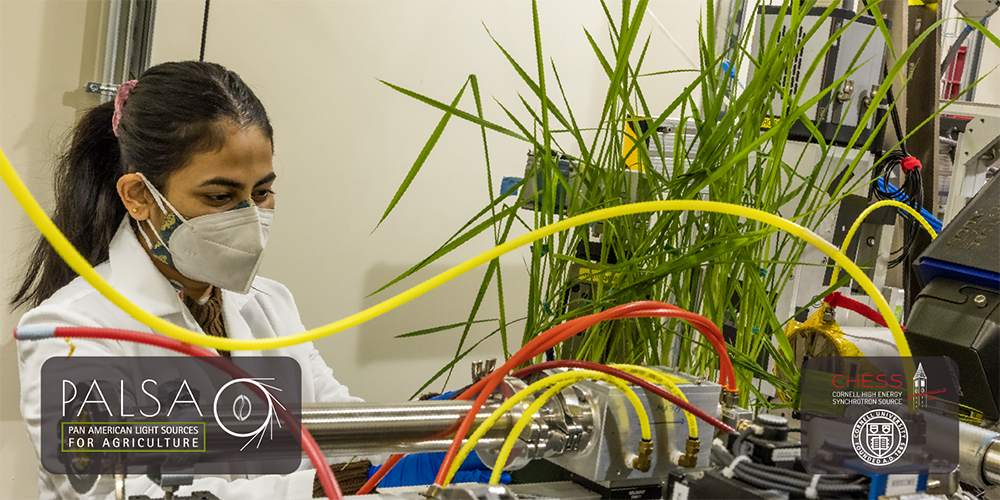Speaker
Description
The widespread use of metal-based nanoparticles (MNPs) can have significant applications and implications in agriculture and the environment. Several MNPs have positively influenced plant growth and have been used as nano-fertilizers and nano-pesticides. However, their extensive use in agriculture and the environment may result in the increased accumulation of metals in agricultural soil that poses a threat to human health from food chain contamination.
We studied the effect of several MNPs such as nanoparticles of silver (AgNPs), Cu oxide (CuO NPs), and nanosulfur (NS), etc., in various crop species at physiological, biochemical, and molecular levels. In one study, we investigated the effect of silver nanoparticles (AgNPs) on soybean growth and nodule formation. Exposure to 32 and 64 ppm of AgNPs significantly affected growth and yield, reducing nodule weight by 40%, fresh shoot weight by 66%, and seed yield by 68% when compared to controls. However, equivalent doses of Ag+ ions and bulk Ag had no impact on the plants. Further, nanosulfur (NS) application in soil alleviated AgNPs toxicity, and importantly. Plants treated with NS with AgNP co-exposure accumulated significantly less Ag in the shoots, roots, and seeds. In another study, we studied the effect of nanoscale sulfur (NS) on counteracting the toxicity and accumulation of arsenic in rice. NS application showed fertilization effect and caused a 40% increase in seedling biomass and a 26% increase in seed yield, compared to untreated control plants. Arsenite (AsIII) exposure caused severe toxicity to rice; however, co-exposure of plants to AsIII and NS alleviated As toxicity. Further, NS application significantly decreased arsenic accumulation (50-75%) in rice shoots, roots, and grains. These findings demonstrate the potential of NS as a sustainable soil amendment to reduce the accumulation and toxicity of AgNPs and arsenic and as a valuable nano-enabled strategy to promote food safety and security.

